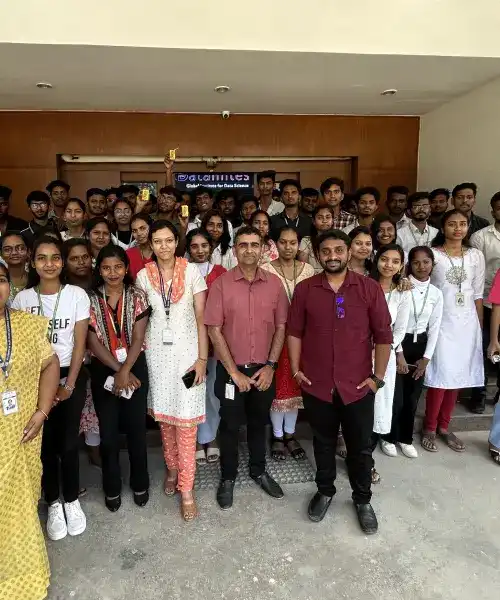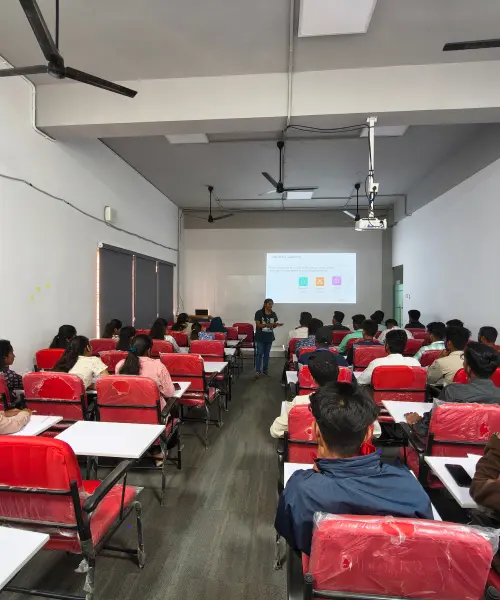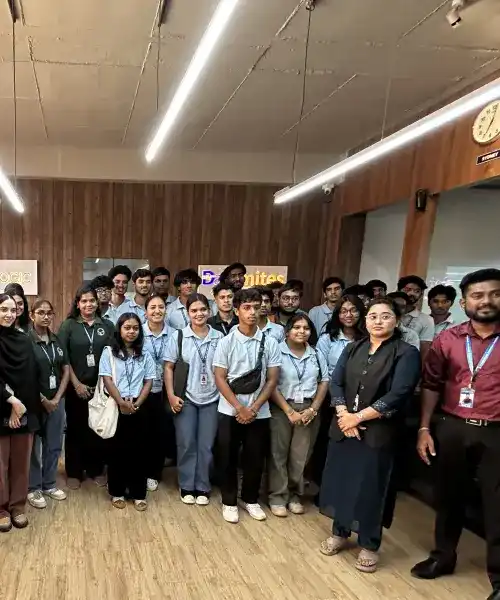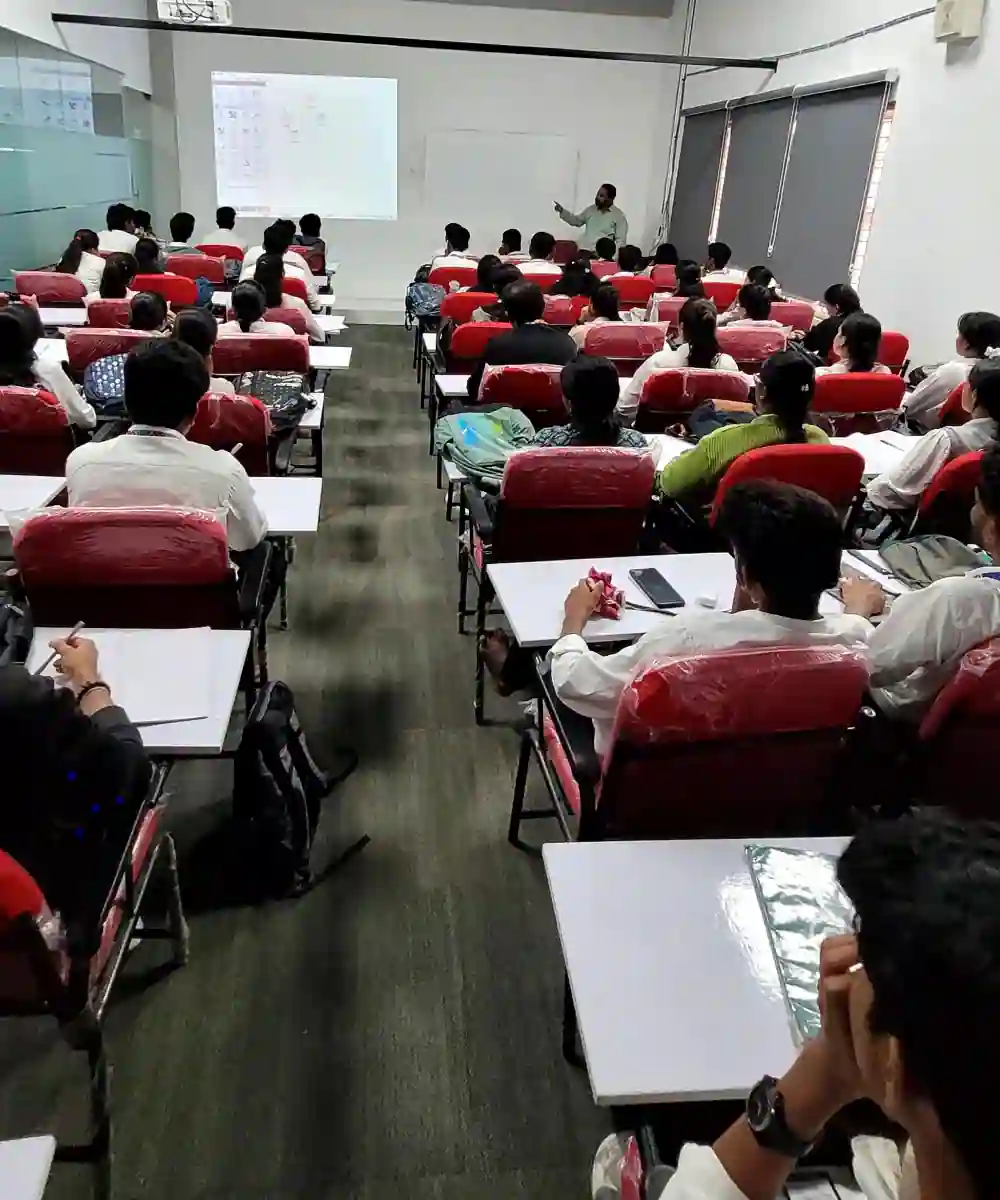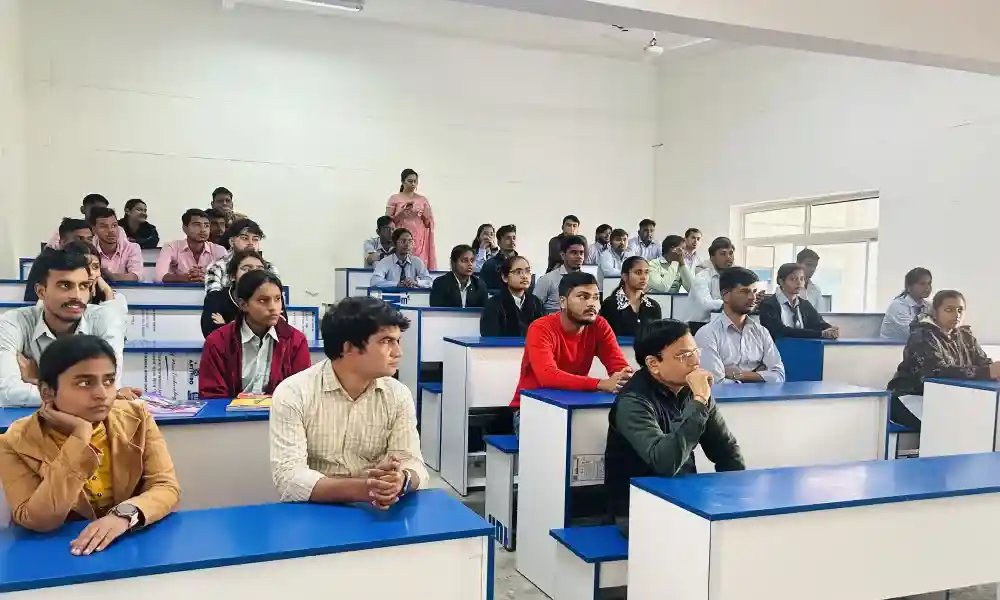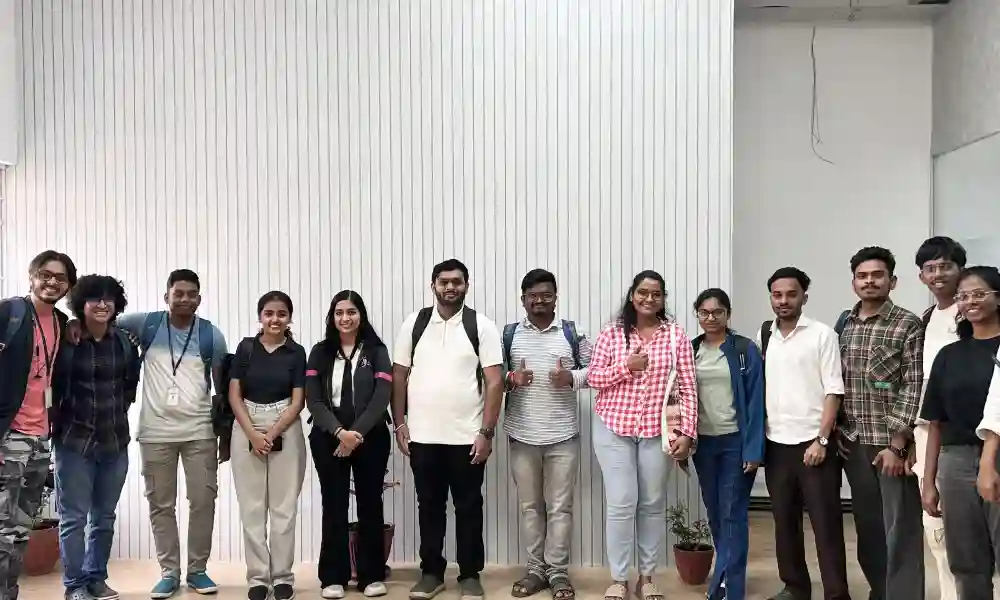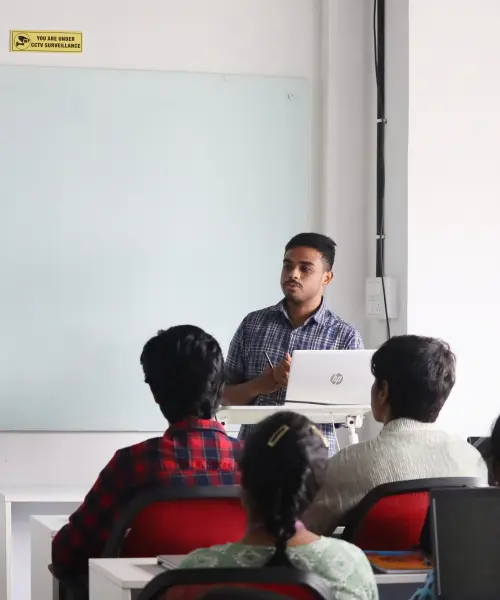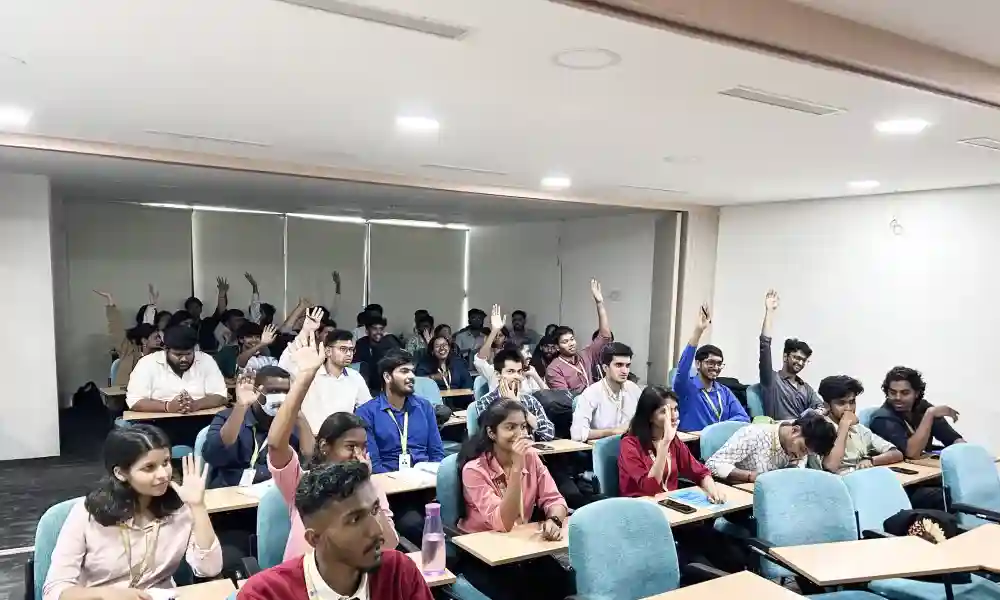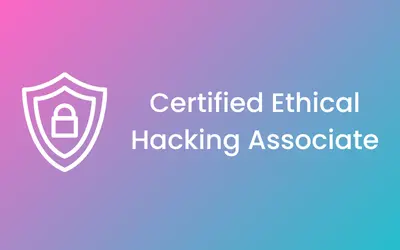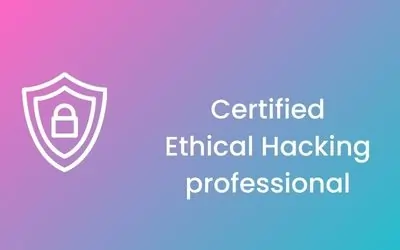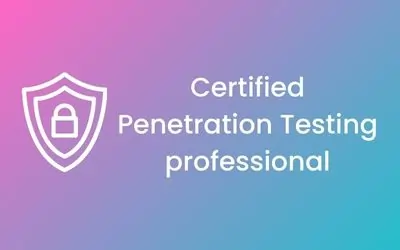CYBER SECURITY TRAINING IN KOLKATA
-

-
(10139 Reviews)
-
Exciting Career Opportunities: Discover amazing job opportunities in Kolkata’s cyber security field. Get ready for top roles like security analyst or ethical hacker.
-
Essential Skills for Success: Learn key skills such as network security, threat detection, and risk management to help businesses stay safe online.
-
Practical Training Experience: Build hands-on experience through internships with top companies. Improve your skills and confidence for a successful career in cyber security.











